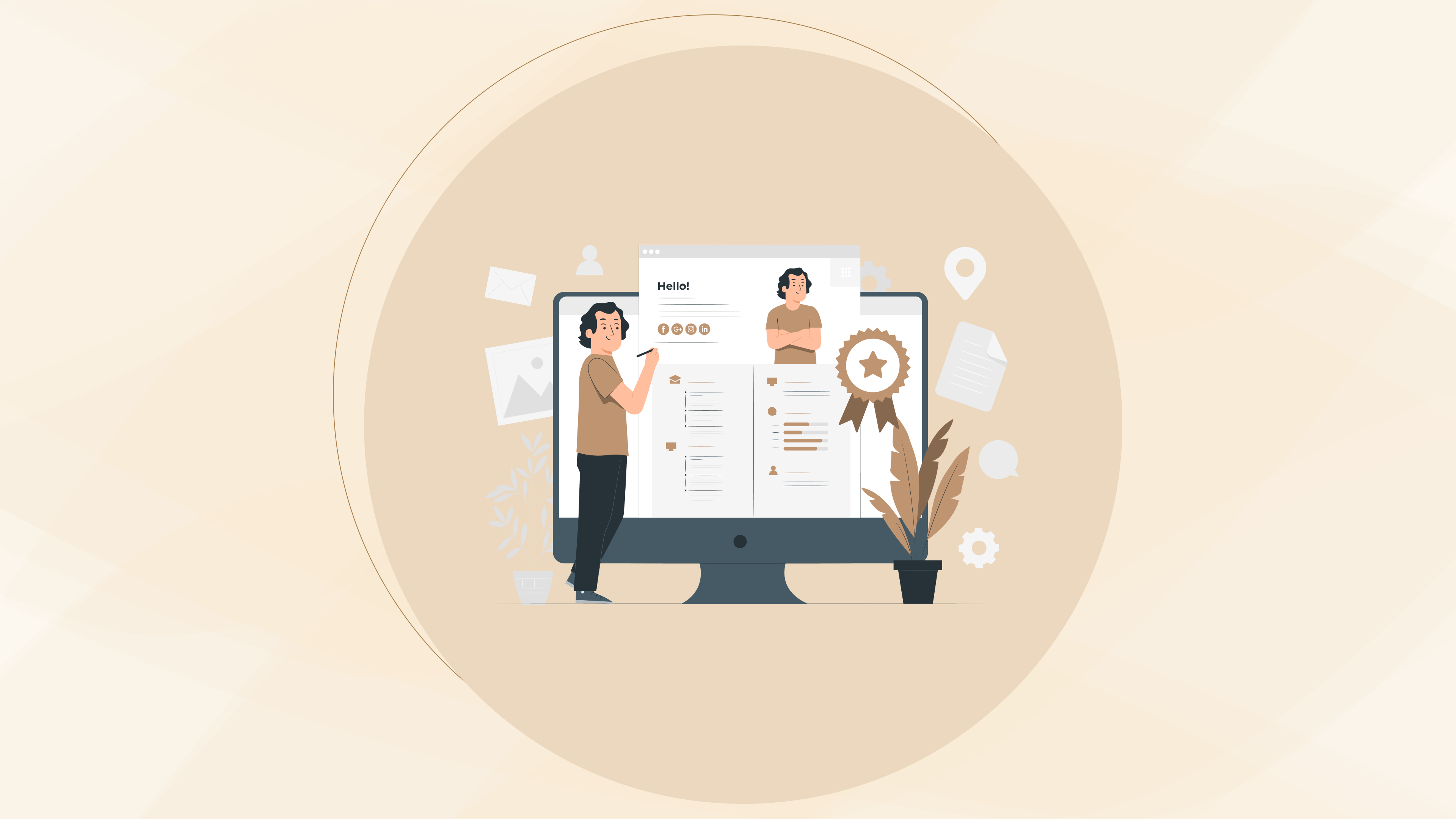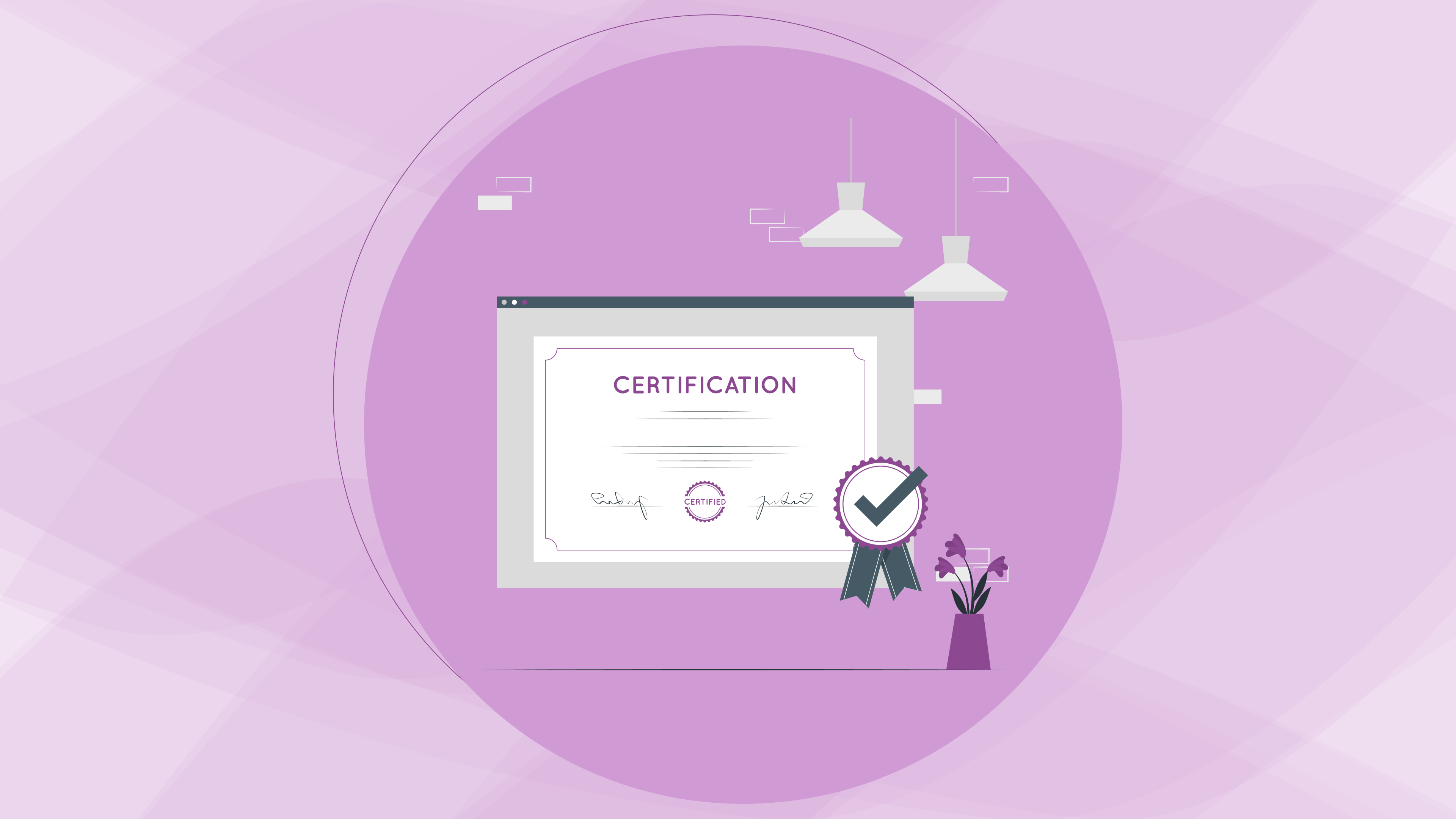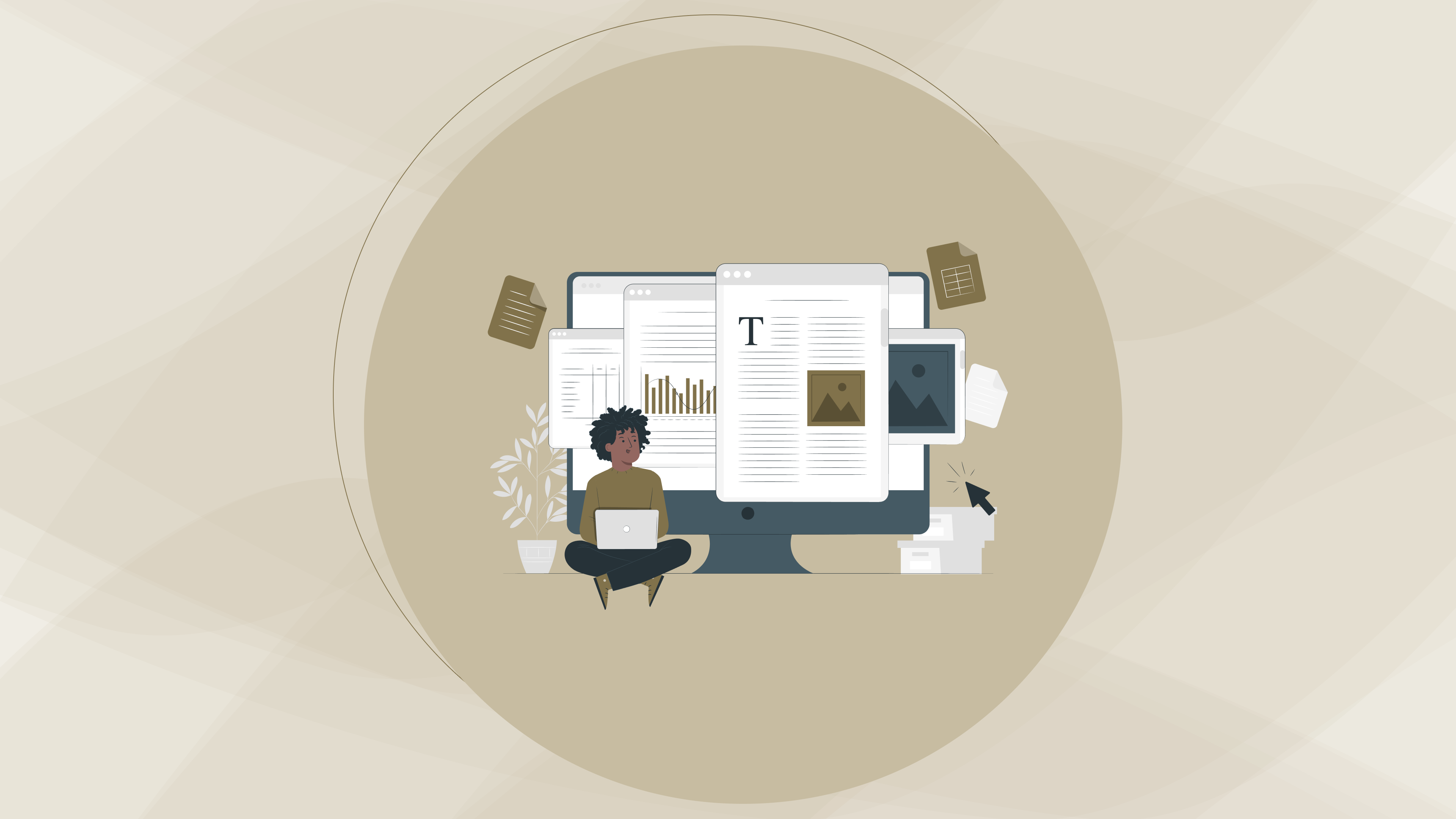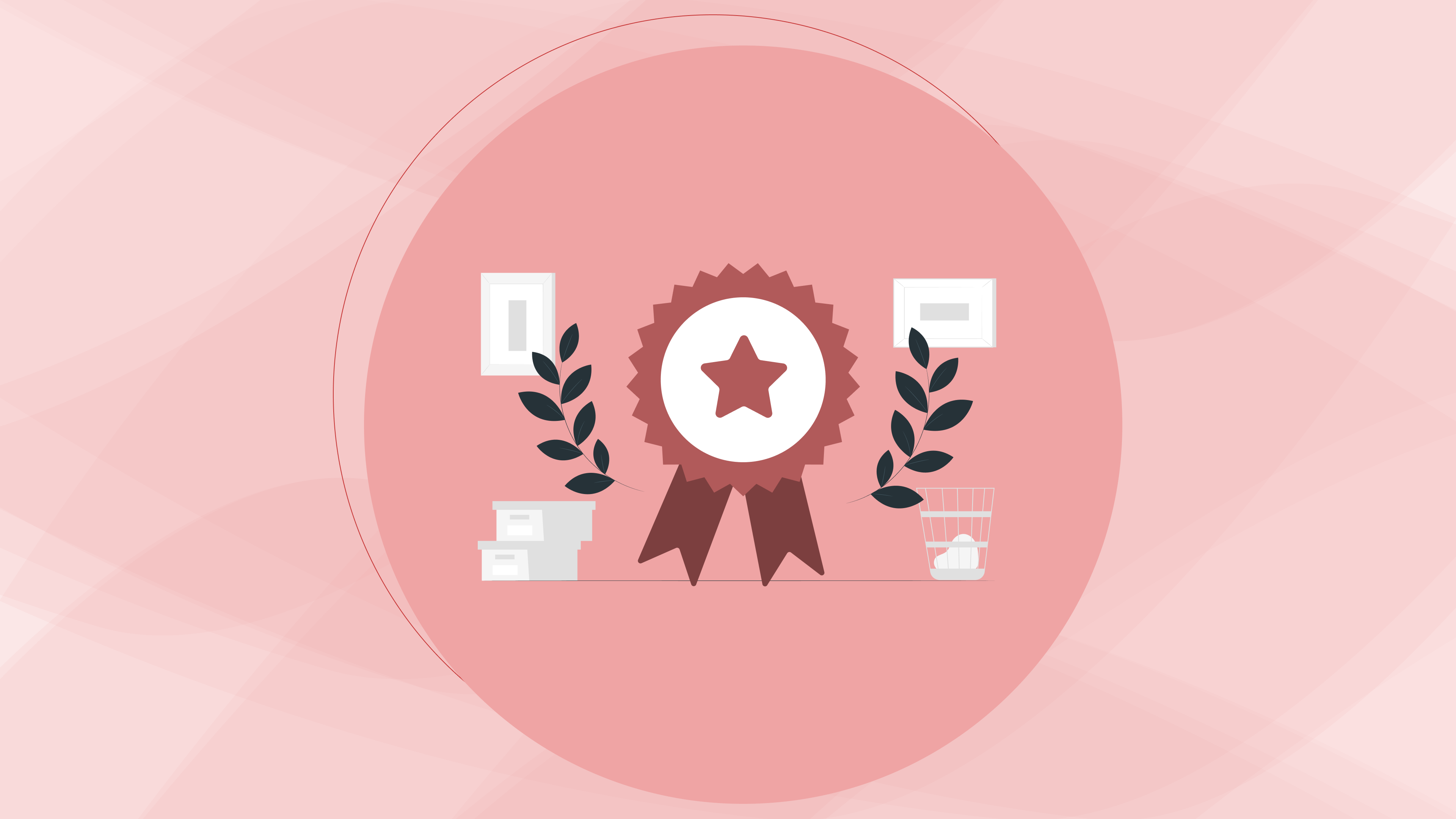Digital Badges
06-Nov-2024
Standing out as a fresher amongst others can be challenging. With little or no job experience, students often struggle to make their resumes unique for hiring managers. Enter digital badges—a powerful way to showcase your skills, accomplishments, and dedication to continuous learning.
Digital badges allow you to highlight specific skills and achievements that employers value, providing instant credibility even without extensive work history. This blog explains why digital badges are a game-changer for students and how to effectively use them to strengthen your resume and boost your job prospects.
What Are Digital Badges?
Digital badges are verified, online credentials that represent skills, knowledge, or accomplishments. They are awarded upon completion of courses, projects, or skill assessments by educational institutions, online learning platforms, and professional organizations. Digital badges are typically stored online and include details about the skill acquired, the issuing institution, and a unique verification link that employers can check.
Examples of digital badges include:
Technical Skills: Badges for programming languages, data analysis, or cybersecurity.
Soft Skills: Badges for communication, teamwork, or leadership skills.
Industry-Specific Skills: Badges in areas like digital marketing, graphic design, or project management.
Why Digital Badges Are a Must-Have for Freshers
For fresh graduates or students without job experience, digital badges provide a way to:
Prove Skills: Badges verify that you possess skills relevant to the job, making you more credible.
Show Commitment: Earning badges shows initiative, commitment to learning, and adaptability—qualities that recruiters highly value.
Boost Your Resume: Badges add depth to your resume, making it easier for recruiters to identify your strengths quickly.
Stand Out from Other Candidates: Badges provide a unique talking point in interviews and can make your resume more memorable.
Step-by-Step Guide to Using Digital Badges on Your Resume
Adding digital badges to your resume is easy and impactful. Here’s a step-by-step guide to help you showcase your badges effectively.
1. Earn Relevant Badges
To start, identify the badges most relevant to your career goals or target job role. Focus on in-demand skills that match job descriptions for roles you’re interested in.
Popular platforms for digital badges include:
Coursera and edX: Academic badges from top universities and institutions.
LinkedIn Learning: Badges for a variety of professional skills.
Google and Microsoft Certifications: Industry-recognized credentials in tech and business skills.
IBM and AWS: Tech-specific badges in fields like cloud computing, AI, and data science.
2. Add a Dedicated “Certifications & Badges” Section to Your Resume
Include a section specifically for digital badges and certifications. This dedicated space helps hiring managers quickly locate your verified skills.
Example of how to format your badge section:
markdown
Copy code
**Certifications & Digital Badges**
- Data Analytics Professional Certificate - Google, 2025
- Introduction to Digital Marketing - LinkedIn Learning, 2025
- Python for Everybody - Coursera (University of Michigan), 2025
Each badge entry should include:
Name of the badge or certification
Issuing platform or institution
Date of completion
Link for verification (if possible)
3. Link Badges in Your Digital Resume
If you’re submitting a digital resume, include clickable links to your badge verification pages. Most badges come with a unique verification link, which you can paste directly into your resume or link to the text in your Certifications section. This allows recruiters to verify your badge instantly, enhancing trust and credibility.
4. Highlight Badges in Your LinkedIn Profile
LinkedIn is a top platform for recruiters and a great place to display your digital badges. Add your badges under the Licenses & Certifications section on LinkedIn. This section allows you to:
List the badge name, issuing organization, and date.
Provide a verification URL, making it easy for recruiters to verify your badge directly.
Making the Most of Digital Badges in Your Job Search
Digital badges aren’t just decorative elements on your resume; they’re proof of your hard work and specific skills. Here’s how to maximize their impact in your job search.
1. Choose Badges Relevant to the Job
Not all badges carry the same weight in every industry. For example:
For a marketing role: Focus on badges in social media strategy, SEO, or digital marketing.
For an IT role: Prioritize badges in programming languages, data analysis, or cybersecurity.
For a management role: Highlight badges in project management, communication, or teamwork.
2. Use Badges to Back Up Skills in Your Resume Summary
Your resume summary is your elevator pitch to potential employers. Mention a relevant badge if it directly supports the skills you’re highlighting.
Example Summary: “As a recent graduate with a Digital Marketing Professional Certificate from Google, I am passionate about leveraging data-driven strategies to increase online engagement and brand visibility.”
3. Reference Badges in Your Cover Letter
When applying for a job, reference specific badges in your cover letter to emphasize skills that align with the job description. Explain what you learned and how it will help you succeed in the role.
Example Cover Letter Snippet: “In my pursuit of knowledge in digital marketing, I completed a Google Analytics certification, which taught me how to interpret and apply data insights to optimize marketing strategies. I’m excited to bring this expertise to your team.”
4. Use Badges as Talking Points in Interviews
Digital badges are a great conversation starter in interviews. Use them to demonstrate your knowledge and interest in relevant topics. Be prepared to discuss:
Why you chose the badge: Explain why you focused on that specific skill.
What you learned: Share valuable insights or skills you acquired.
How it applies to the job: Connect the badge’s skills to the job you’re interviewing for.
Example Interview Answer: “I completed a Data Analytics badge on Coursera, which gave me hands-on experience in Python and data visualization. This experience taught me how to handle real-world data challenges, which I believe will help me contribute effectively to data-driven projects at your company.”
Additional Tips for Success with Digital Badges
Digital badges can make a significant impact on your job applications if used strategically. Here are a few extra tips to make the most of them:
Stay Updated: If you’re interested in tech or digital marketing, keep earning new badges to stay current. Many fields evolve quickly, so regularly adding relevant badges shows that you’re up-to-date and adaptable.
Earn “Stackable” Badges: Some platforms offer badges that build on each other, forming a larger certification or “nanodegree.” Earning a series of stackable badges demonstrates a well-rounded knowledge in a specific field, such as data science or web development.
Network in Badge Communities: Platforms like LinkedIn Learning and Coursera have communities for badge earners. Engaging with these groups can provide networking opportunities, career advice, and potential job leads.
Why Digital Badges Give Freshers an Edge
As a fresher, you may feel limited by a lack of work experience. Digital badges can fill that gap by proving that you’ve invested time and effort into building valuable skills. They show employers that you’re proactive, self-motivated, and ready to bring relevant skills to their team. For students, badges are like “mini-degrees” in specialized skills, offering immediate proof that you’re prepared for the professional world.
Key Takeaways:
Prove Your Skills: Badges provide a credible, visual proof of your knowledge.
Stand Out: With badges on your resume and LinkedIn profile, your skills are more noticeable and memorable.
Build Confidence: Enter interviews knowing that your badges represent real skills that employers want.
Conclusion: Get Started with Digital Badges Today!
Digital badges are an excellent investment for any student entering the job market. They help bridge the gap between education and employment by providing concrete evidence of your skills. By earning and strategically displaying relevant badges, you’ll not only enhance your resume but also impress hiring managers with your initiative and determination. So start exploring digital badge opportunities today—your future career will thank you!
Schedule your Free Demo
Fuel Your Organization’s Growth with the Future of Digital Credentials
Connect Us




